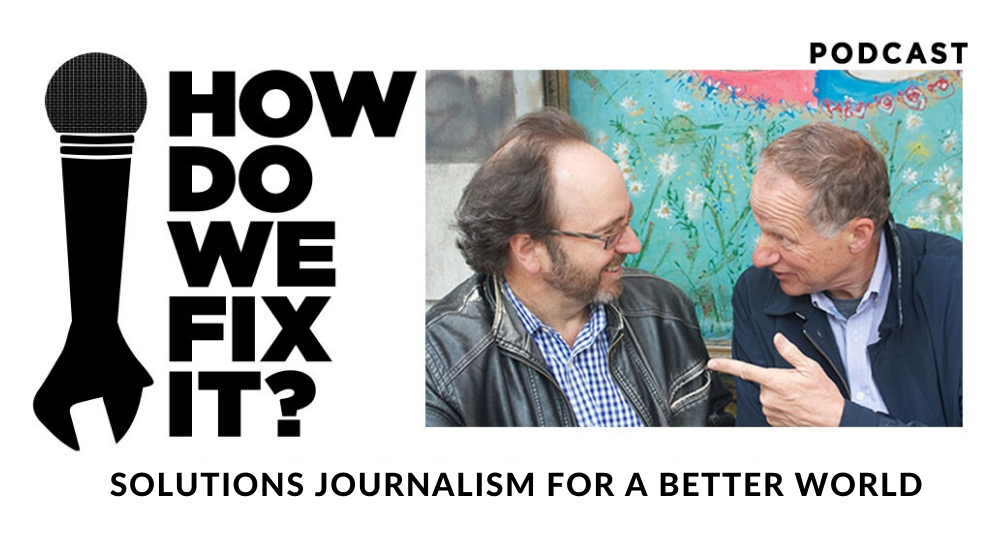History was made on January 6th, 2021, yet nearly 18 months later we are still coming to terms with what happened before and during the attack on the U.S. Capitol. In this episode, Richard and Jim discuss what's been revealed by the House Select Committee that continues to investigate the disturbing events of that day.
We include excerpts from statements by Committee Chair Bennie Thompson (D) and Vice-Chair Liz Cheney. Our discussion looks at the controversy over how the Committee was formed and how its findings will be viewed by voters, elected officials, legal analysts and historians.
The first Select Committee hearing was aired during prime time on a Thursday night. While much of it was solemn and deliberative, there were moments of theater and passion. In their discussion, Jim and Richard share their different views of whether or not the work of the Committee has been as effective as it should have been.
Read more